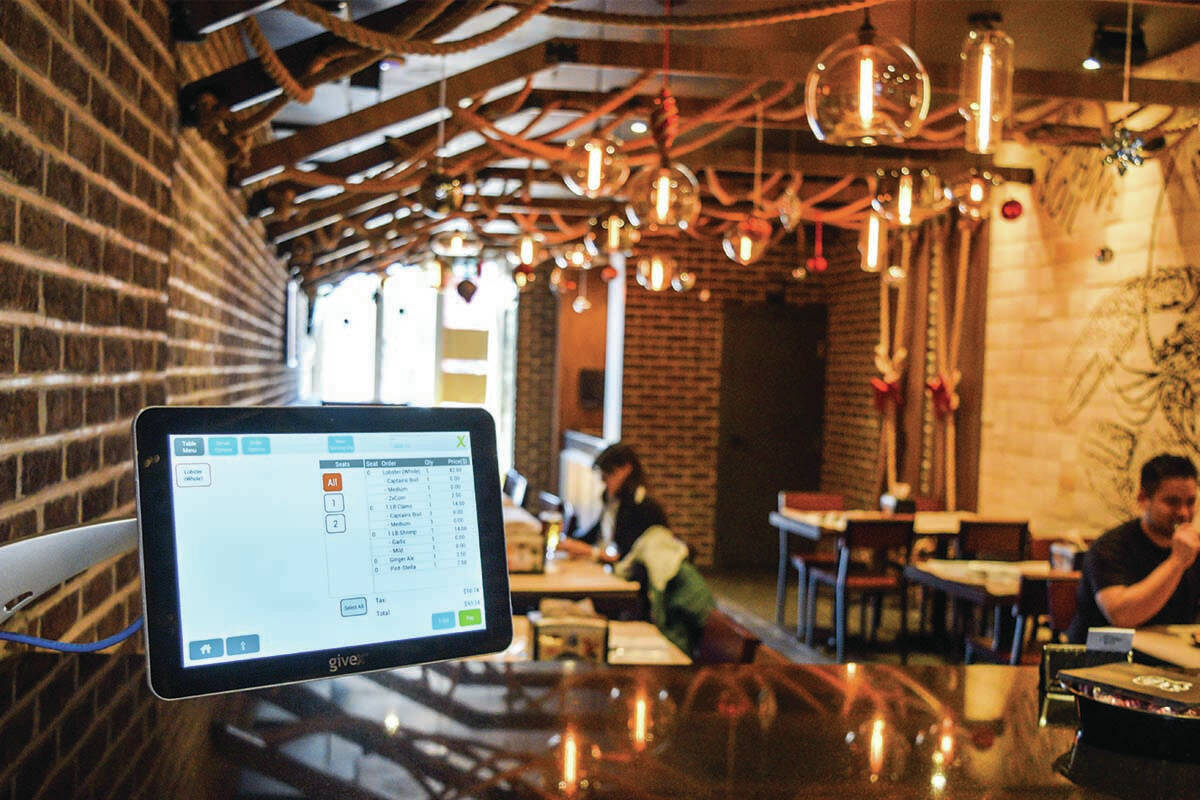As restaurants and hotels in B.C.’s service industry struggle to hire, Givex technology executive Graham Campbell said technology can help businesses keep their doors open.
For the fourth record-breaking month of low unemployment in a row, the national Canada’s unemployment rate dropped down to 4.9 per cent in June, with B.C.’s rate lower than the national average.
Nearly two-in-three food service and hospitality businesses expect a shortage of workers to cause problems during the next three months, Statistics Canada learned in a survey last month.
“It is difficult to find staff, and that is drawing interest to find creative ways to fill that gap where possible, or to utilize technology in a way that allows for fewer staff members to be required,” Campbell said to Black Press Media in a call from Toronto.
Campbell is the chief operating officer of Givex, and has worked in the e-commerce, point of sale and payment industry for 15 years.
Givex is a company that sells transaction and sales technology to businesses. According to Givex, its products are at over 100,000 business locations in 100 different countries.
Most restaurants pivoted to delivery and takeout after 2020, but some small-scale restaurants may avoid third-party delivery apps because it adds expenses, he said. The province capped fees delivery apps such as SkipTheDishes can charge restaurants at 15 per cent of a total order, with an additional 5 per cent cap on other fees.
Restaurants that already use third-party delivery apps can buy systems that automatically key in the delivery orders without a staff member needing to punch in the order a second time, which saves money and time, Campbell said.
Upgrading technology can also create an option for customers to order and pay online, which will ease the workload of in-store staff, he said.
Campbell also said tech is becoming more affordable for small-scale businesses, because there are more options on the market. Smaller restaurants may opt for technology that adds an option to order online, but do not need to buy more expensive technology such as enterprise-grade POS systems that track orders across franchises, he said.
POS systems that track busy hour trends and orders can help restaurants avoid wasting food. Campbell also said this information is helpful for making decisions about staffing.
“They can plan more so you are not inconveniencing staff by bringing them in and sending them home early, or over-staffing which costs money.
“The big picture is having that full insight allows them to operate efficiently, which then allows for them to have the staff they need. I don’t think it is about cutting staff in this industry anymore, I think it is more about being efficient and delivering excellent customer service.”
People used to worry about losing their jobs to automation, but today this technology helps staff keep up with demand, he concluded.

